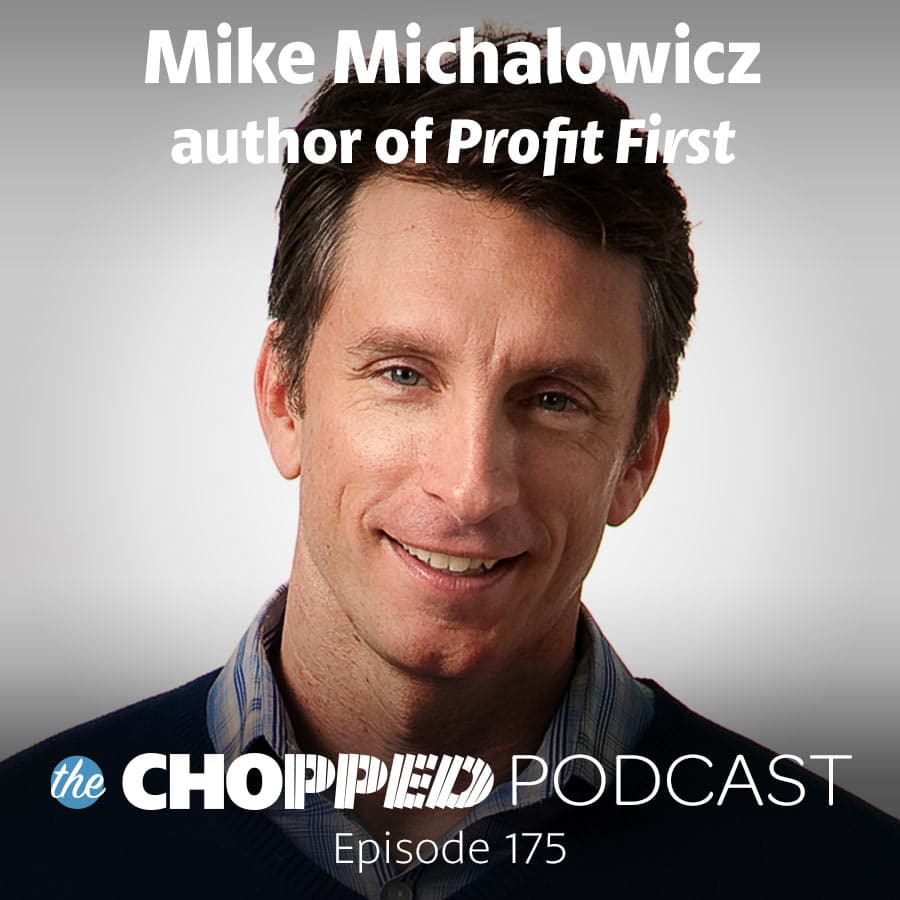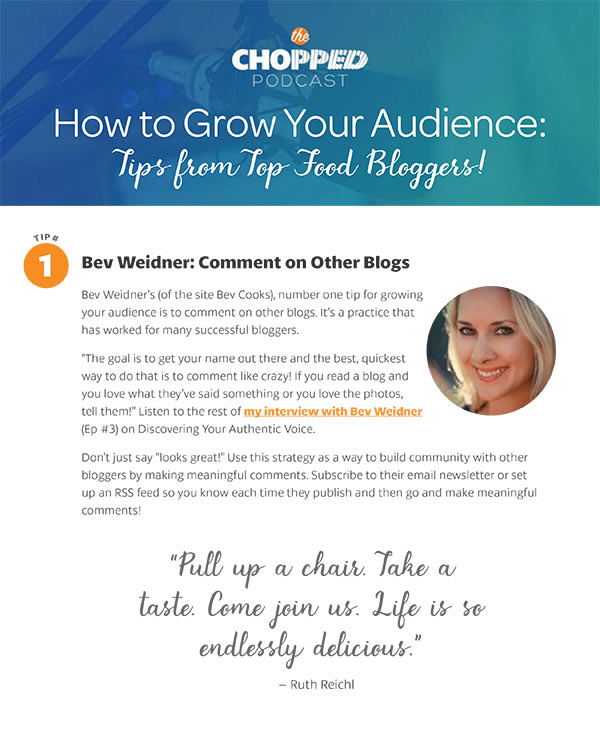Listen or Subscribe
Are you the Super Hero for your blog? That may seem like a good thing, but Mike Michalowicz is here talking about why we should be moving the needle from Super Hero to Super Visionary! Why? Because becoming the Super Visionary will transform your day-to-day work from stressed and overwhelmed to feeling more passionate and inspired about your mission. You will love today’s uplifting discussion from the author of the entrepreneur’s favorite book, Profits First.

More about Mike
Mike created and sold two multi-million dollar companies. He started his first business in computer technology. He describes it as very fear driven. In fact, it was a helpful experience for Mike because he describes most entrepreneurial businesses are fear driven.
Fear can propel you to work non-stop which can be a good thing for a fledgling business, but it’s not a good way to sustain a business.
After the profits of the sale of these businesses, he started an investing company. Through that he started 10 companies and all of them collapsed. As a result, he nearly went through financial collapse.
Writing is the Cure
Understandably, Mike went through a sort of functional depression. He said he was living under a constant cloud of negativity.
He used journaling to help heal himself. It was through journaling that he realized he was experiencing a lot of anger.
Mike wanted to analyze what worked and didn’t about his businesses so he decided to become an author to fix his own wrongs.
The End of Entrepreneurial Poverty
Mike’s insights and books helped him to become a leader in the entrepreneurial community. Through working with others he noticed a troubling trend that he referred to as Entrepreneurial Poverty (EP).
EP can be defined like this: the day you start your business, your friends or acquainting have a misperception that you are successful.
The reality is you work harder than ever and may not making much money.
The distance between what people think about you as an entrepreneur and where you actually are, is the gap. The entrepreneurial poverty gap.
Mike’s goal is to close that gap. To make the perceived reality the actual reality. Because the gap can be a miserable place to be. Everyone thinks you’re successful, but it doesn’t reflect what’s happening in your bank account.
Eventually, you can come to resent the business you’ve worked so hard to build because you don’t pay yourself and don’t take time off, etc.
Entrepreneurial Mindset
The ego likes to compare us to others. It’s a sort of survival mechanism, but it’s driven by fear. For example, if you know someone who is an entrepreneur and is making one million a year, your ego will respond, “Well, then, I have to make two million dollars a year!”
When we don’t meet that challenge, a negative cycle of internal dialog starts our minds: you suck!
Mike says the cure is to stop the comparison game. There will always be someone better than or worse than the spot you’re at.
If you say you look up to someone, you are saying they are better than you and if you pity others you are looking down on them. How about this as an alternative: We’re all in the same life circle just in different moments.
We have to be constantly clearing all that mental clutter. It doesn’t serve us.
Of course comparison will happen. Mike says it’s futile to try and stop it. When it happens, let it wash over you. Allow it to happen, but don’t allow it to stay.
The Four D’s
Mike refers to the Four Ds as Stages of Entrepreneurial Development. He describes them as this:
- Doing
- Deciding
- Delegating
- Designing.
Doing means delivering products or services to customer. Think of it as anything that supports the business.
Deciding is all about growing your business. Maybe you bring on a part-time assistant and you give them tasks. They are constantly seeking direction from you. It feels good to the entrepreneur because it taps your ego as being the person in charge. However, this phase can prohibit the growth of the organization.
Delegating is the next phase and Mike points out that you may think you’re delegating but you’re not. Because delegation is not the assignment of tasks, it’s delegating outcomes. To truly delegate, you must give your team best practices and let them figure it out. That way you’re pushing the decision making to them.
Finally, the Designing Phase is where you have clarity on where you’re headed. Everything is choreographed toward that vision.
Mike points out that thought is the most energy consuming work. Physical Labor is intense, but those repetitive tasks have very low brain demand and is therefore easier.
We need to elevate ourselves to strategic thought. The visionary is best suited to this.
Super Hero Syndrome
There is a fictitious belief by the entrepreneur that they need to swoop in and save the day. Mike tells the story of the bad guy who is threatening to destroy the world and how everyone begs Wonder Woman to come save the day.
This is dependency. Wonder Woman, Batman, Superman, etc. Every battle they have leaves epic damage to the city. These stories never talk about the work involved to fix all that destruction. And yet, time and time again, the story shows the people depending on these super heroes to save them from the bad guys.
If we own this label — super hero — we are making the people around us more reliant on us to swoop in and fix the problem.
Become a Super Visionary
The biggest problem entrepreneurs have is that they haven’t figured out what their biggest problem is. They address the apparent and don’t address the impactful.
We spend too much time focused on day-to-day fires that need putting out, leaving little time and energy to deal with the vision.
We’re not in life to support business, we’re in business to support life.
Show Notes
Here are important links about today’s episode on how to become a Super Visionary:
- Connect with Mike Michalowicz on his site and discover more about his books and work there
- Say thanks to our guest today with a shout-out on: Instagram
- Mike talks about using Loom Screen Capture Software
- Marly talks about the documentary Finding Sugar Man=
- Related Post: Here’s Laurie Buckle talking about Food Bloggers Creating a Vision Statement
- Mike’s favorite app is Bonjoro
- His favorite podcast is Mike Row’s The Way I Heard It
- Connect with Chopped Academy Online: Instagram | Twitter
- Related Post: Wow. This discussion with Jessica of How Sweet Eats on Maintaining Your Blogging Passion is so inspiring!
- Connect with Marly: Namely Marly | Instagram | Twitter
- Today’s post production, music, graphic art & sound design by Shawn Beelman
- Subscribe below to be the first to hear about future Chopped Podcast episodes and get some awesome tips on food blogging. You can subscribe at the bottom of this page. You’ll be glad you did!
Subscribe to the Show & Feedback
Thanks so much for listening to today’s podcast. I hope you found it informative and helpful to the work you do every day. Make sure you don’t miss out on any of the Chopped Podcast episodes by heading on over to Apple Podcasts to subscribe to the Chopped Podcast. While you’re there, provide a review and rating is a great way to help other podcast listeners find it too!
 Ready to Grow Your Audience?
Ready to Grow Your Audience?